Notice
Social enterprise and hybridity in housing organisations in Europe [VO] / Darinka Czischke
- document 1 document 2 document 3
- niveau 1 niveau 2 niveau 3
Descriptif
Social enterprise and hybridity in housing organisations in Europe [version anglaise] / Darinka Czischke. In "Mixité : an urban and housing issue? Mixing people, housing and activities as urban challenge of the future", 23ème colloque international de l'European Network for Housing Research (ENHR), organisé par le Laboratoire Interdisciplinaire Solidarités, Sociétés, Territoires (LISST) à l'Université Toulouse II-Le Mirail, 5-8 juillet 2011.
Plénière 2: International perspectives on social enterprise and hybridity in housing organisations, 7 juillet 2011.
This plenary presentation is based on a critical conceptual review of existing models of social enterprise in Europe undertaken for Housing Studies. A classification system for social enterprise was developed to reflect the specific features of the social housing sector as framework for research. Drawing on cases studies in the Netherlands and England using the above framework this presentation goes on to explore the impact of recent policy and economic change on the positioning of housing organisations between the state, market and community. In the face of policies that both stress and/or question the role of third sector actors in social and affordable housing delivery, the presentation will discuss the ways in which these actors are responding to current financial and regulatory challenges. Finally it will raise the question of whether social enterprise should be restricted or promoted in the current economic and policy context.
Thème
Documentation
Bibliographie sélective
- Managing Social Rental Housing in the EU: A Comparative Study. Darinka Czischke. International Journal of Housing Policy n°2, vol. 9, 2009, pp. 121-151.
- Welfare Transformation and Demographic Change in Europe: Challenges for the Social Housing Sector. Darinka Czischke (ed). Coalville (Leicestershire, England) : Building and Social Housing Foundation (BSHF) - CECODHAS European Social Housing Observatory, 2008,81 p. [en ligne sur le site de la BSHF].
- Social Enterprise in Europe: Recent Trends and Developments. Jacques Defourny, Marthe Nyssens et al. Social Enterprise Journal n°3, vol. 4, 2008, pp. 202-228.
- Managing social rental housing in the EU in a changing policy environment: towards a comparative study. Darinka Czischke, Vincent Gruis. In Comparative Housing Policy, workshop in Dublin [ENHR 2008], 20-21 April 2007, 33 p. [en ligne sur le site de l'University of York].
- Current developments in housing policies and housing markets in Europe: implications for the social housing sector. Darinka Czischke (ed). Colloquium proceedings, Brussels 13 septembre 2006. Brussels: CECODHAS European Social Housing Observatory, april 2007, 83 p. [En ligne sur le site de la Building and Social Housing Foundation].
- L’actualité de l’économie sociale : des repères historiques, conceptuels et prospectifs. Jacques Defourny. Revue Interventions économiques n°32, 2005. [En ligne sur le site revue.org].
- De waarde van de maatschappelijke onderneming geborgd. Netwerk Toekomst Maatschappelijke Onderneming (NTMO), janvier 2003, 65 p. [En ligne sur le site www.vno-ncw.nl].
Dans la même collection
-
Mixité, an urban and housing issue: ouverture du colloque [VO] / P. Boelhouwer, F. Ménard et al.
FILâTRE Daniel
JAILLET Marie-Christine
MéNARD François
BOELHOUWER Peter
Mixité, an urban and housing issue : ouverture du colloque [version originale] / Daniel Filâtre, Peter Boelhouwer, François Ménard, Marie-Christine Jaillet. In "Mixité : an urban and housing issue?
-
Mixité, an urban and housing issue: ouverture du colloque [VF] / P. Boelhouwer, F. Ménard et al.
FILâTRE Daniel
JAILLET Marie-Christine
MéNARD François
BOELHOUWER Peter
Mixité, an urban and housing issue : ouverture du colloque / Daniel Filâtre, Peter Boelhouwer, François Ménard, Marie-Christine Jaillet. In "Mixité : an urban and housing issue? Mixing people, housing
-
Mixité, an urban and housing issue: introduction au colloque [VF]/ M.-C. Jaillet, Jean-Claude Driant
JAILLET Marie-Christine
DRIANT Jean-Claude
Mixité, an urban and housing issue : introduction au colloque [version française avec traduction consécutive ou simultanée] / Marie-Christine Jaillet, Jean-Claude Driant. In "Mixité : an urban and
-
Mixité, an urban and housing issue: introduction au colloque [VO]/ M.-C. Jaillet, Jean-Claude Driant
JAILLET Marie-Christine
DRIANT Jean-Claude
Mixité, an urban and housing issue : introduction au colloque [version originale] / Marie-Christine Jaillet, Jean-Claude Driant. In "Mixité : an urban and housing issue? Mixing people, housing and
-
Legal framework for sustainable communities: affordable housing / Juli Ponce
PONCE SOLé Juli
Legal Framework for sustainable communities: affordable housing / Juli Ponce. In "Mixité : an urban and housing issue? Mixing people, housing and activities as urban challenge of the future", 23ème
-
European mortgage markets after the credit crisis / Kathleen J. Scanlon
SCANLON Kathleen
European mortgage markets after the credit crisis / Kathleen J. Scanlon. In "Mixité : an urban and housing issue? Mixing people, housing and activities as urban challenge of the future", 23ème
-
Implementing "Mixité". Discourses and experiences of politicians and stakeholders: Round Table [VF]
RENARD Vincent
ALLEN Barbara
GEINDRE François
MORA Béatrix
Implementing "Mixité" : discourses and experiences of politicians and other stakeholders. Round Table [version en anglais avec deux interventions traduites en français en simultané].
-
End or future of the Social Housing, beyond Europe: bilan, synthèse, critique / Christoph Reinprecht
REINPRECHT Christoph
End or future of the Social Housing, beyond Europe : bilan, synthèse, critique de la plénière / Christoph Reinprecht. In "Mixité : an urban and housing issue? Mixing people, housing and activities as
-
Approaches, pratices, challenges of mixité in urban contexts: présentation plénière [VF]/ Ian Cole
COLE Ian
Approaches, pratices and challenges of mixité in different urban contexts : présentation de la plénière / Ian Cole [version française]. In "Mixité : an urban and housing issue? Mixing people, housing
-
Social Housing in Post-socialist Europe : Lost in Transition / Sasha Tsenkova
TSENKOVA Sasha
Social Housing in Post-socialist Europe : Lost in Transition / Sasha Tsenkova. In "Mixité : an urban and housing issue? Mixing people, housing and activities as urban challenge of the future", 23ème
-
The grammar of "mixed communities": urban injustice and the Aylesbury Estate [VF] / Loretta Lees
LEES Loretta
The grammar of "mixed communities": urban injustice and the Aylesbury Estate [version française] / Loretta Lees. In "Mixité : an urban and housing issue? Mixing people, housing and activities as urban
-
Public-Private and Social Housing in Post-crisis East Asia / Richard Ronald
RONALD Richard
Public-Private and Social Housing in Post-crisis East Asia / Richard Ronald. In "Mixité : an urban and housing issue? Mixing people, housing and activities as urban challenge of the future", 23ème
Avec les mêmes intervenants et intervenantes
-
Social enterprise and hybridity in housing organisations in Europe [VF] / Darinka Czischke
CZISCHKE Darinka
Social enterprise and hybridity in housing organisations in Europe: a response to financial and regulatory challenges? [version avec traduction simultanée en français] / Darinka Czischke. In "Mixité :

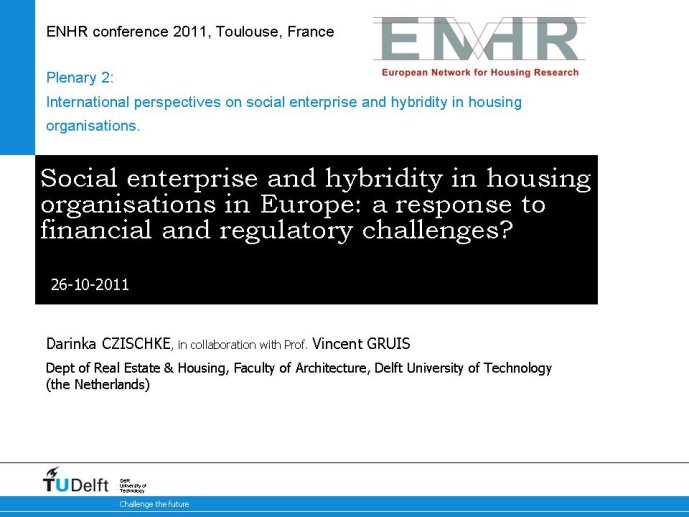
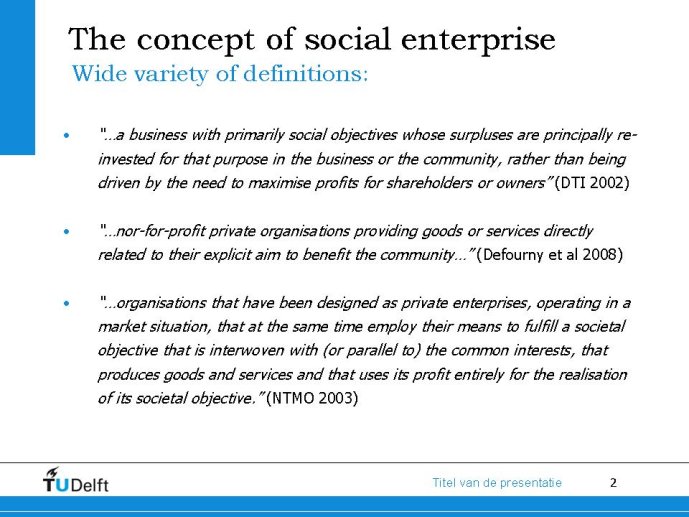
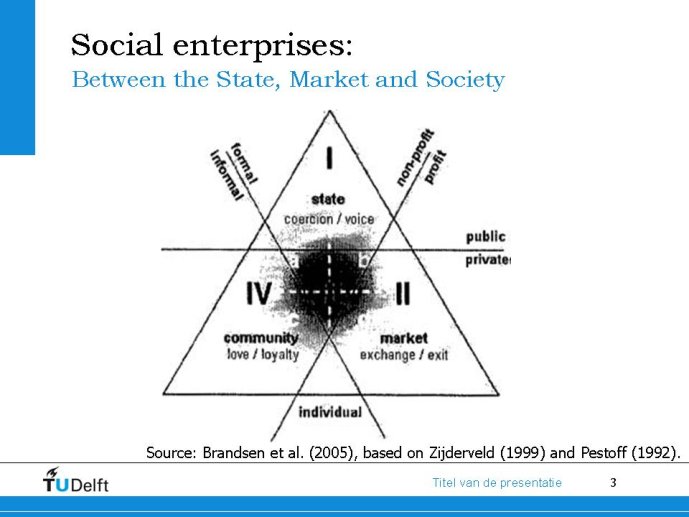
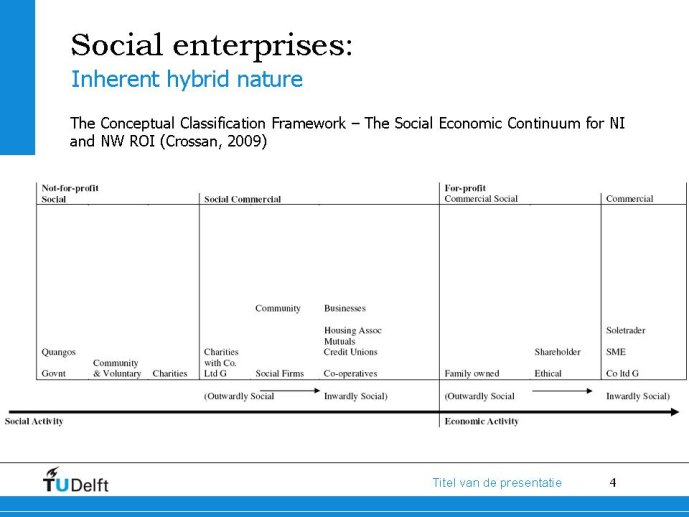
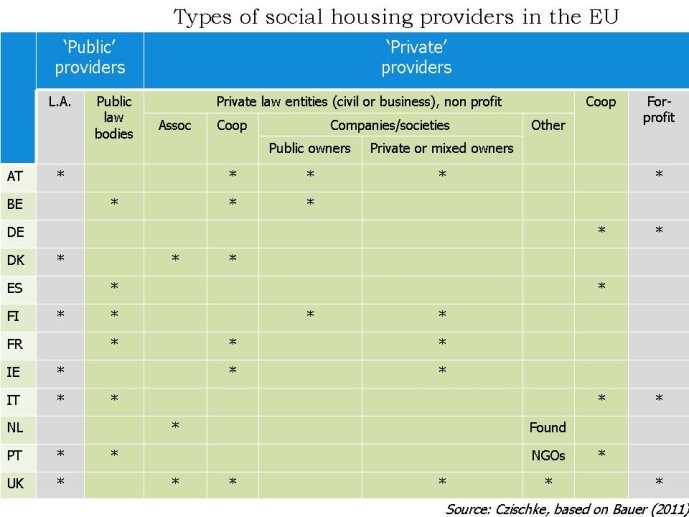
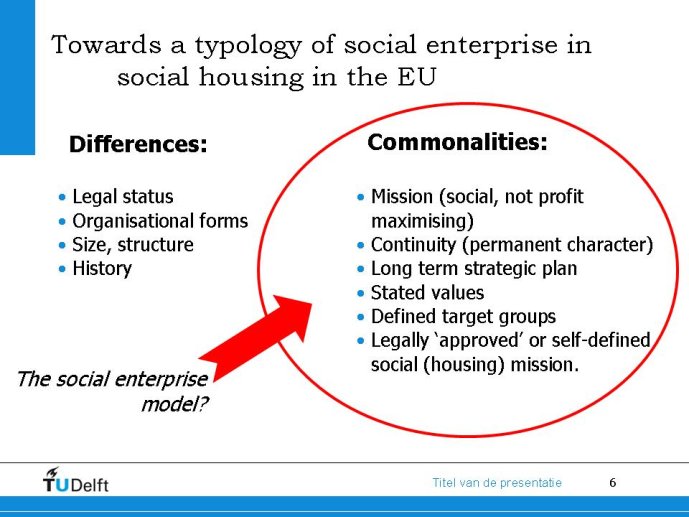
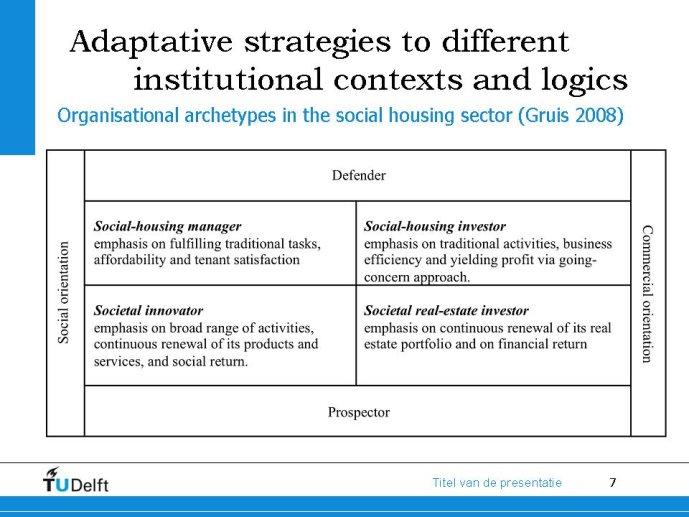
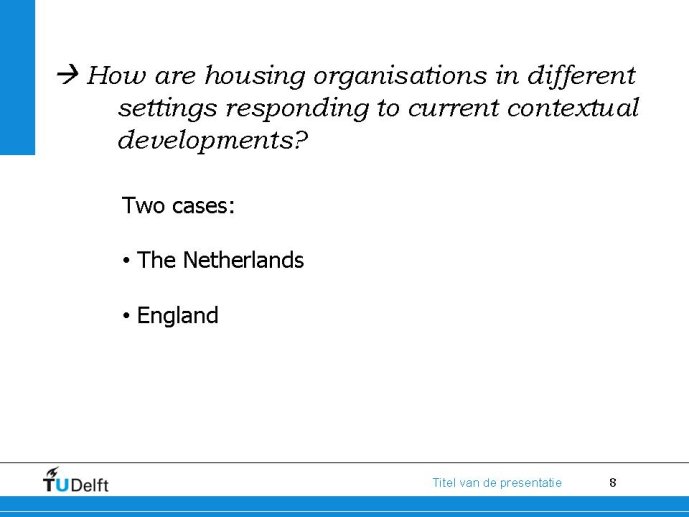
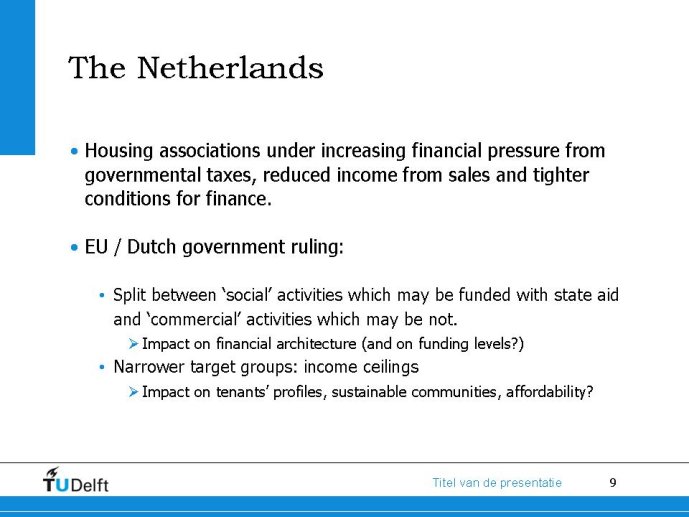
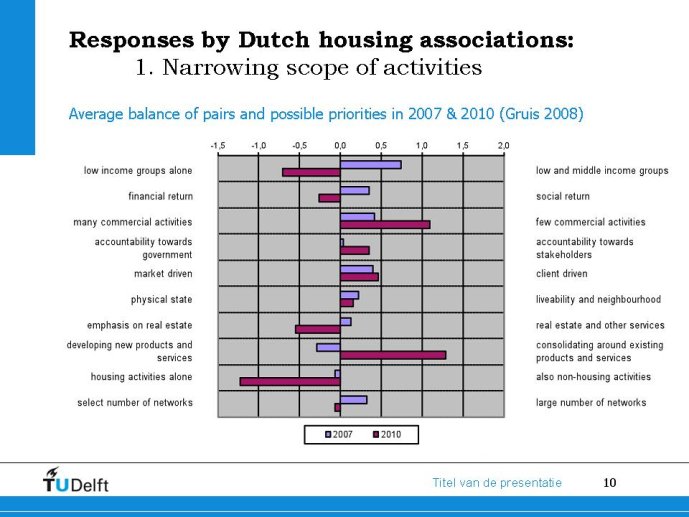
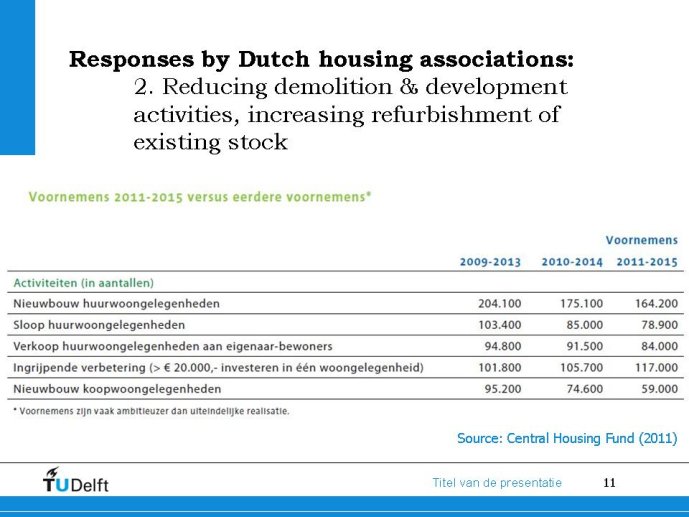
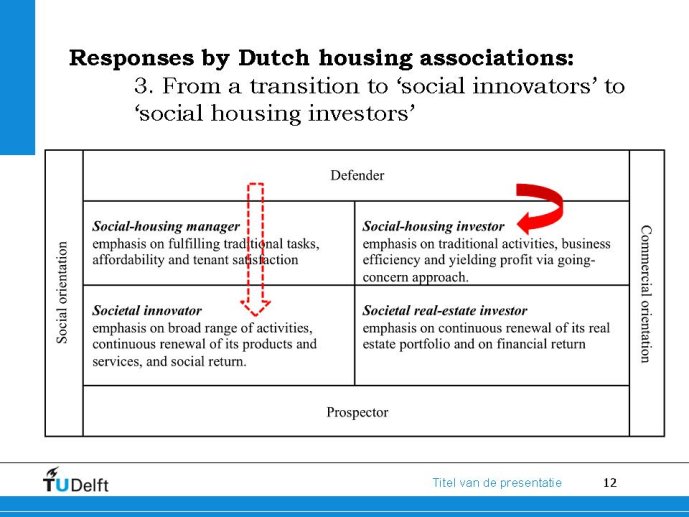
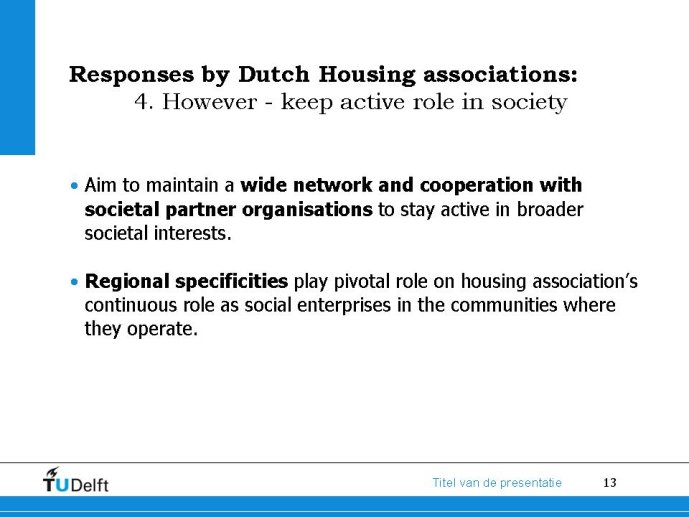
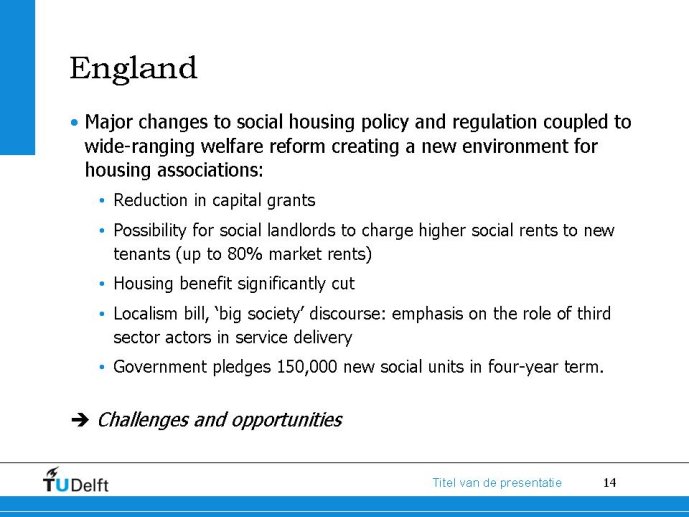
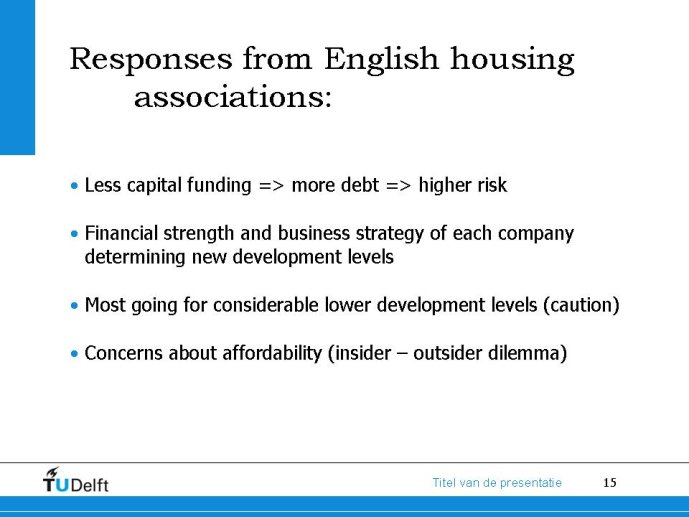
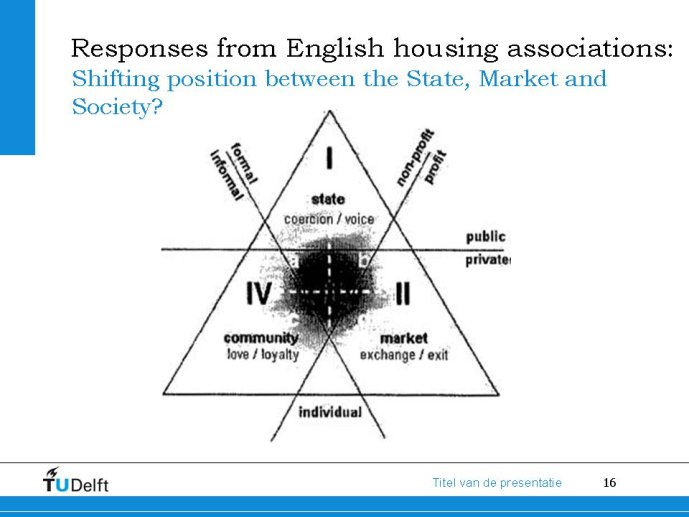
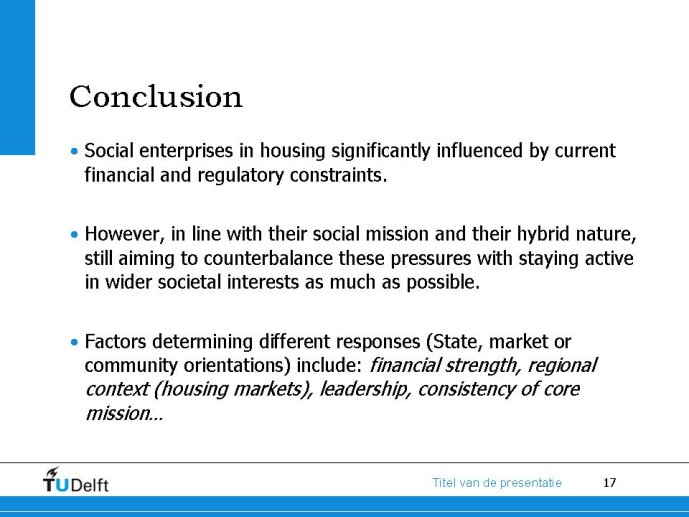
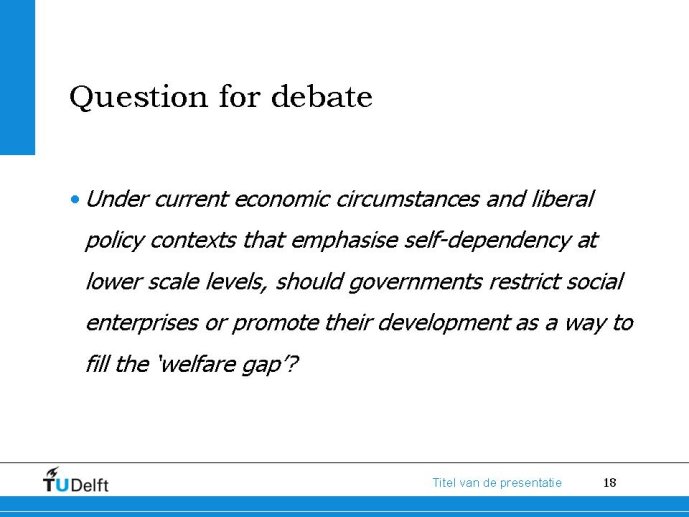

![Mixité, an urban and housing issue: ouverture du colloque [VO] / P. Boelhouwer, F. Ménard et al.](https://vod.canal-u.tv/videos/media/images/themes/sciences_humaines_sociales_de_l_education_et_de_l_information/sciences_de_la_societe/sociologie_anthropologie_ethnologie/sociologie/services_et_problemes_sociaux/mixite_an_urban_and_housing_issue_ouverture_du_colloque_vo_p_boelhouwer_f_menard_et_al/2175742-14-fre-FR/mixite_an_urban_and_housing_issue_ouverture_du_colloque_vo_p_boelhouwer_f_menard_et_al.gif)
![Mixité, an urban and housing issue: ouverture du colloque [VF] / P. Boelhouwer, F. Ménard et al.](https://vod.canal-u.tv/videos/media/images/themes/sciences_humaines_sociales_de_l_education_et_de_l_information/sciences_de_la_societe/sociologie_anthropologie_ethnologie/sociologie/services_et_problemes_sociaux/mixite_an_urban_and_housing_issue_ouverture_du_colloque_vf_p_boelhouwer_f_menard_et_al/2161572-30-fre-FR/mixite_an_urban_and_housing_issue_ouverture_du_colloque_vf_p_boelhouwer_f_menard_et_al.gif)
![Mixité, an urban and housing issue: introduction au colloque [VF]/ M.-C. Jaillet, Jean-Claude Driant](https://vod.canal-u.tv/videos/media/images/themes/sciences_humaines_sociales_de_l_education_et_de_l_information/sciences_de_la_societe/sociologie_anthropologie_ethnologie/sociologie/services_et_problemes_sociaux/mixite_an_urban_and_housing_issue_introduction_au_colloque_vf_m_c_jaillet_jean_claude_driant/2162823-25-fre-FR/mixite_an_urban_and_housing_issue_introduction_au_colloque_vf_m_c_jaillet_jean_claude_driant.gif)
![Mixité, an urban and housing issue: introduction au colloque [VO]/ M.-C. Jaillet, Jean-Claude Driant](https://vod.canal-u.tv/videos/media/images/themes/sciences_humaines_sociales_de_l_education_et_de_l_information/sciences_de_la_societe/sociologie_anthropologie_ethnologie/sociologie/services_et_problemes_sociaux/mixite_an_urban_and_housing_issue_introduction_au_colloque_vo_m_c_jaillet_jean_claude_driant/2175399-10-fre-FR/mixite_an_urban_and_housing_issue_introduction_au_colloque_vo_m_c_jaillet_jean_claude_driant.gif)
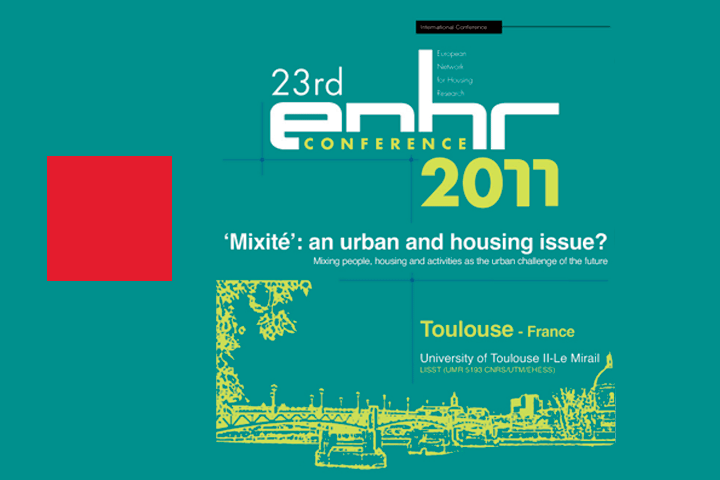
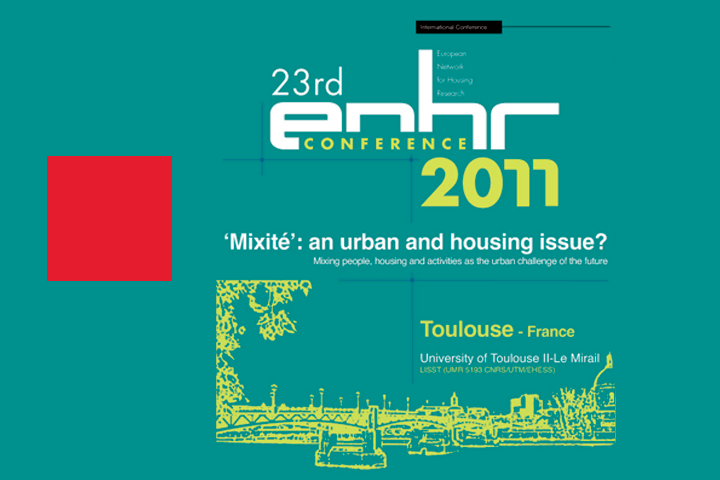
![Implementing "Mixité". Discourses and experiences of politicians and stakeholders: Round Table [VF]](https://vod.canal-u.tv/videos/media/images/themes/sciences_humaines_sociales_de_l_education_et_de_l_information/sciences_de_la_societe/sociologie_anthropologie_ethnologie/sociologie/services_et_problemes_sociaux/implementing_mixite_discourses_and_experiences_of_politicians_and_stakeholders_round_table_vf/2165463-16-fre-FR/implementing_mixite_discourses_and_experiences_of_politicians_and_stakeholders_round_table_vf.gif)
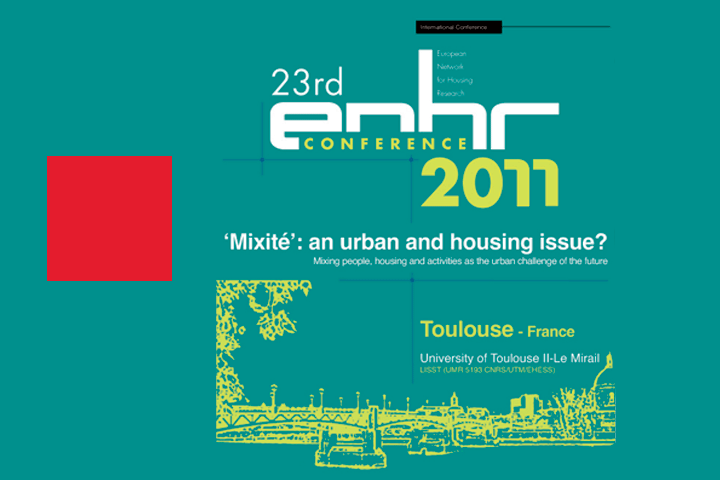
![Approaches, pratices, challenges of mixité in urban contexts: présentation plénière [VF]/ Ian Cole](https://vod.canal-u.tv/videos/media/images/themes/sciences_humaines_sociales_de_l_education_et_de_l_information/sciences_de_la_societe/sociologie_anthropologie_ethnologie/sociologie/services_et_problemes_sociaux/approaches_pratices_challenges_of_mixite_in_urban_contexts_presentation_pleniere_vf_ian_cole/2164972-9-fre-FR/approaches_pratices_challenges_of_mixite_in_urban_contexts_presentation_pleniere_vf_ian_cole.gif)
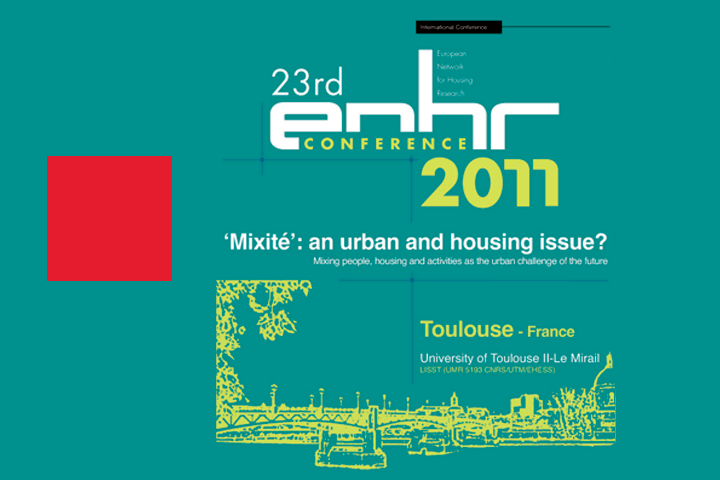
![The grammar of "mixed communities": urban injustice and the Aylesbury Estate [VF] / Loretta Lees](https://vod.canal-u.tv/videos/media/images/themes/sciences_humaines_sociales_de_l_education_et_de_l_information/sciences_de_la_societe/sociologie_anthropologie_ethnologie/sociologie/services_et_problemes_sociaux/the_grammar_of_mixed_communities_urban_injustice_and_the_aylesbury_estate_vf_loretta_lees/2165074-8-fre-FR/the_grammar_of_mixed_communities_urban_injustice_and_the_aylesbury_estate_vf_loretta_lees.gif)
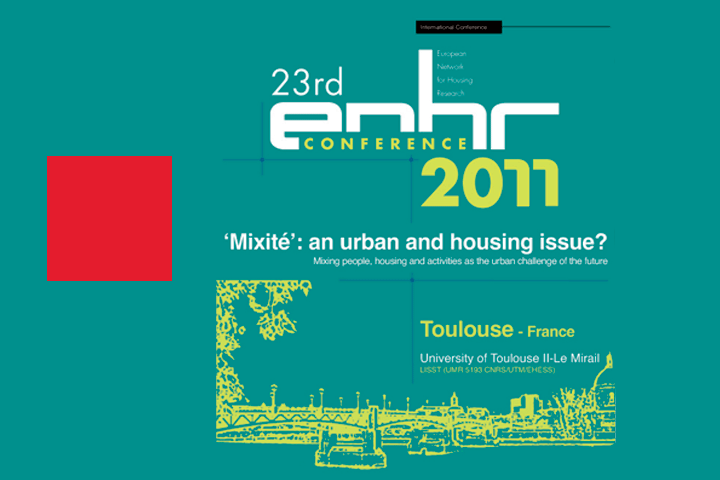
![Social enterprise and hybridity in housing organisations in Europe [VF] / Darinka Czischke](https://vod.canal-u.tv/videos/media/images/themes/sciences_humaines_sociales_de_l_education_et_de_l_information/sciences_de_la_societe/sociologie_anthropologie_ethnologie/sociologie/services_et_problemes_sociaux/social_enterprise_and_hybridity_in_housing_organisations_in_europe_vf_darinka_czischke/2164201-8-fre-FR/social_enterprise_and_hybridity_in_housing_organisations_in_europe_vf_darinka_czischke.gif)